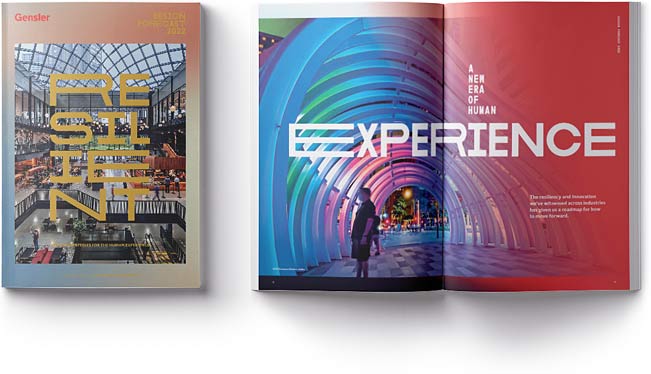SPORTS
Experience is at the forefront of the business of sports. To that end, teams and organizations are in need of designs and renovations that can incorporate the latest changes in technology and social dynamics. Spectators, sponsors, athletes, and a stadium’s surrounding community want meaningful and sustainable destinations.
University of Texas at Austin, Moody Center Basketball Arena, Austin
01
The demand for unique experiences for a variety of fans will continue.
While a game or event may get fans to the venue, a range of event-day experiences keeps them coming back. Our core value for sports design centers around creating experiences for everyone who walks into the building. We achieve this by differentiating places in the building for a variety of premium product offerings — from clubs, to suites, to sponsor zones — that appeal to every level of guest.
02
Design for sports and entertainment venues must be informed by data.
The sports and entertainment industry is constantly evolving. Curating a more impactful sports venue design must be based in data-driven research. Research informs every facility we design — from player recovery technology, to food service automation, to financial models for premium seating products.
03
The return of live music presents an opportunity to deliver diverse, immersive experiences.
The absence of live music venues over the past couple of years has driven an immediate demand for fans to reclaim that essential live entertainment experience. Our research suggests that venues providing expanded offerings, diverse seating options, immersive experiences, and advanced technology will have the most opportunity going forward. Venues that incorporate outdoor space will build in resilience and create opportunities for flexibility in the event of future disruptions.
04
Training facilities and performance centers will need dedicated, healthy spaces.
The industry has shifted beyond pure training facilities to establish sports performance centers that take a more holistic approach to achieving “total performance” through dedicated spaces that support conditioning, treatment, recovery, and rehabilitation. Healthy environments take advantage of indoor-outdoor spaces and flexible environments to promote wellness, and balance individual and team success.
05
There is an ongoing need for public-private partnerships and sports-anchored districts.
From campuses to cities, sports and entertainment venues have become catalysts for economic and urban renewal. Sports- and entertainment-anchored districts have greater success at reactivating and engaging local communities. Public universities are relying more on public-private partnerships to expedite and achieve essential capital programs in the face of limited public funding.
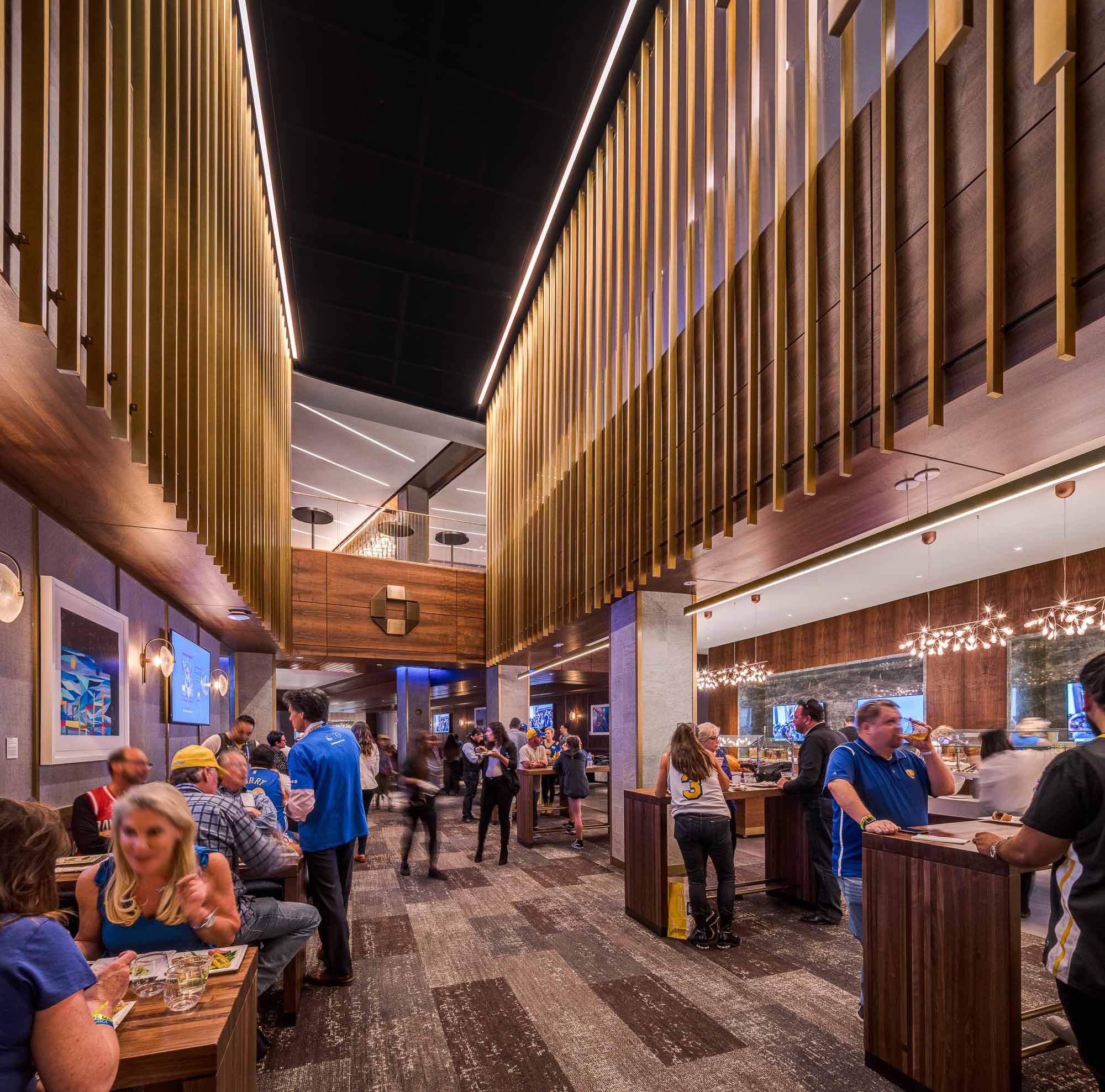
Chase Center, San Francisco
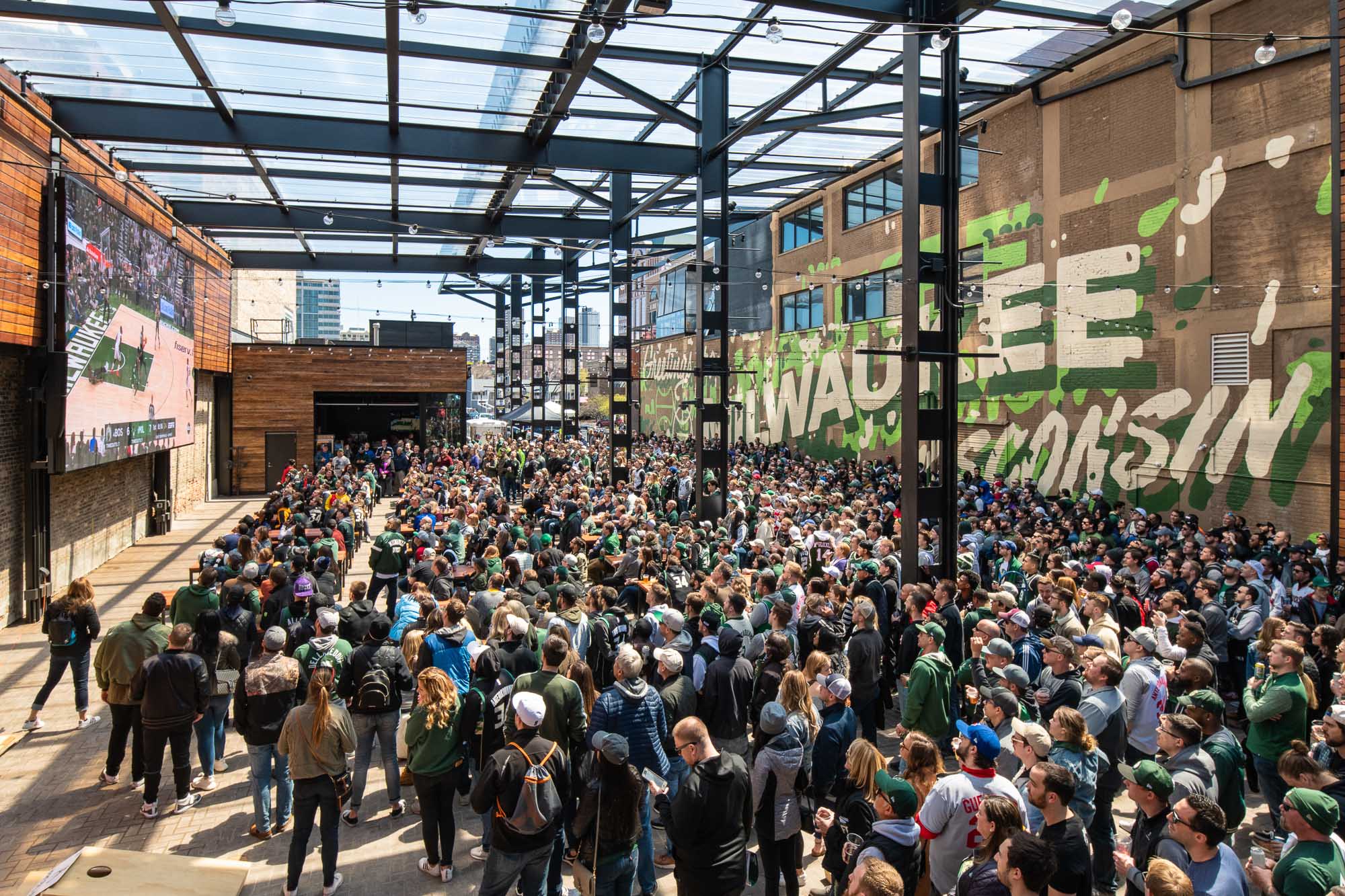
Milwaukee Bucks Entertainment Block, Milwaukee
“More than 60% of fans say a great ‘year-round experience’ would make them more likely to be more engaged with the team in the coming season, and 55% say it would make them more likely to purchase a ticket in the future.”
—"Sports marketing strategies to stay connected year-round,” Deloitte
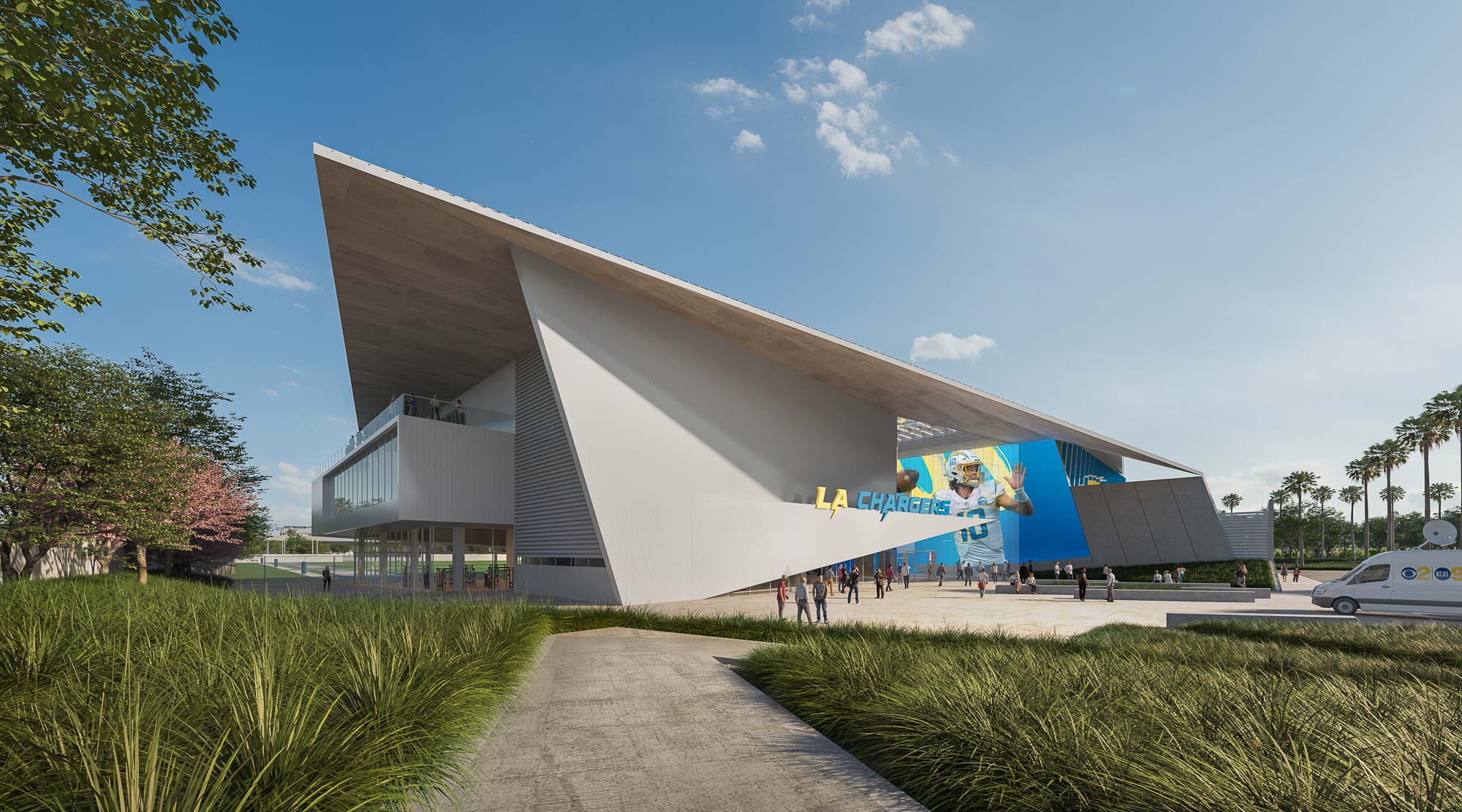
Los Angeles Chargers Training Facility, El Segundo, Calif.
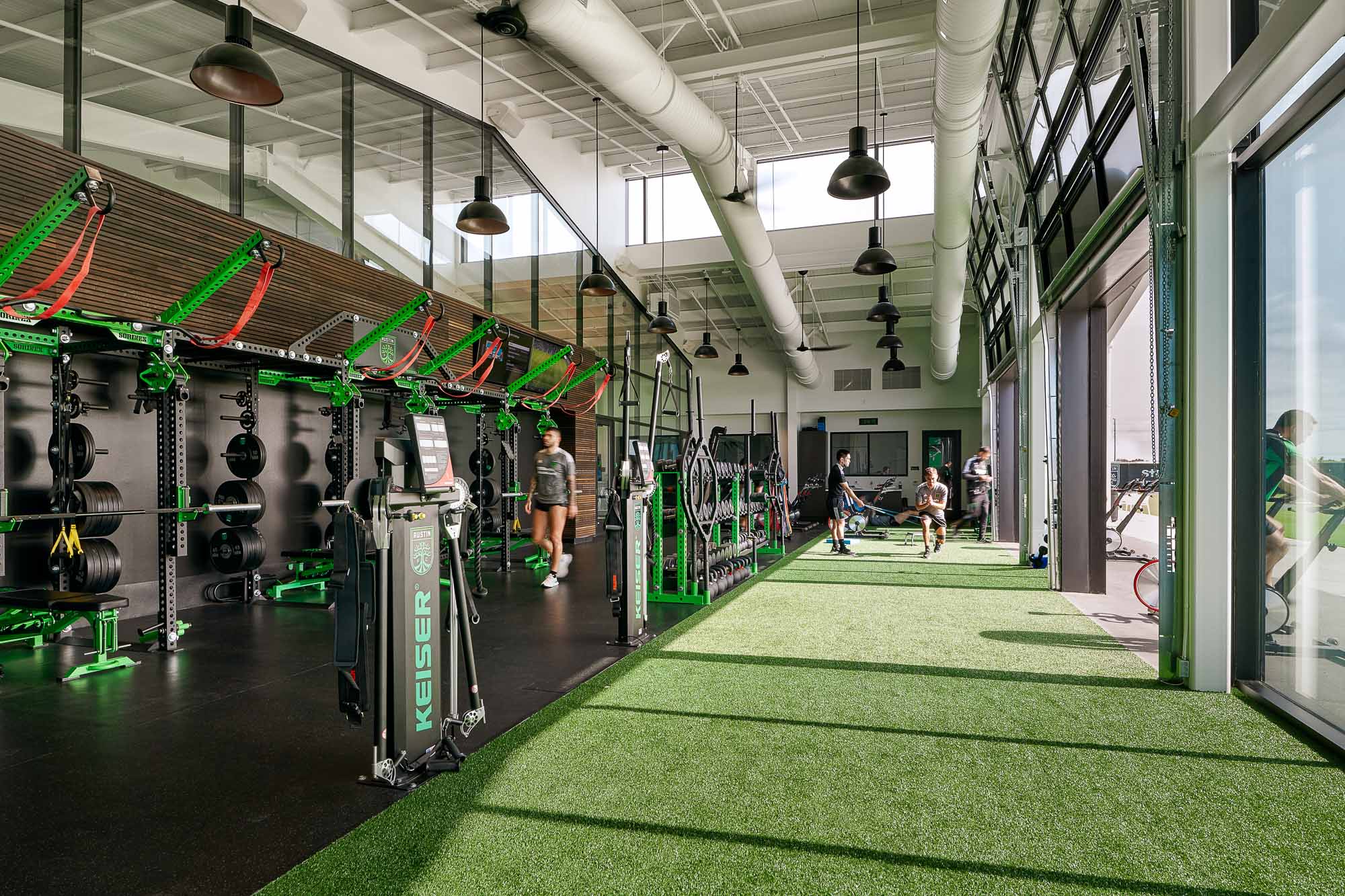
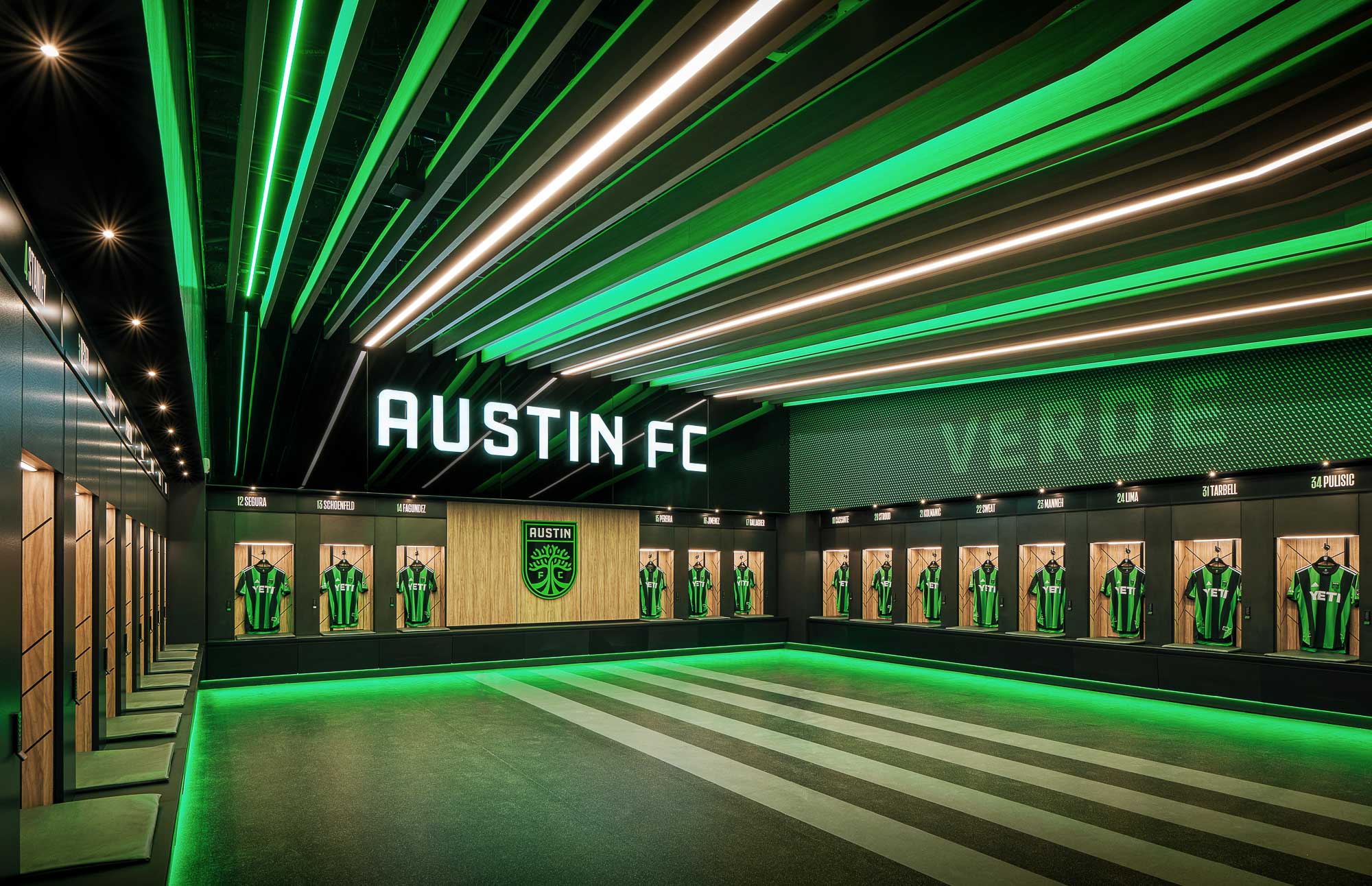
Q2 Stadium, Austin
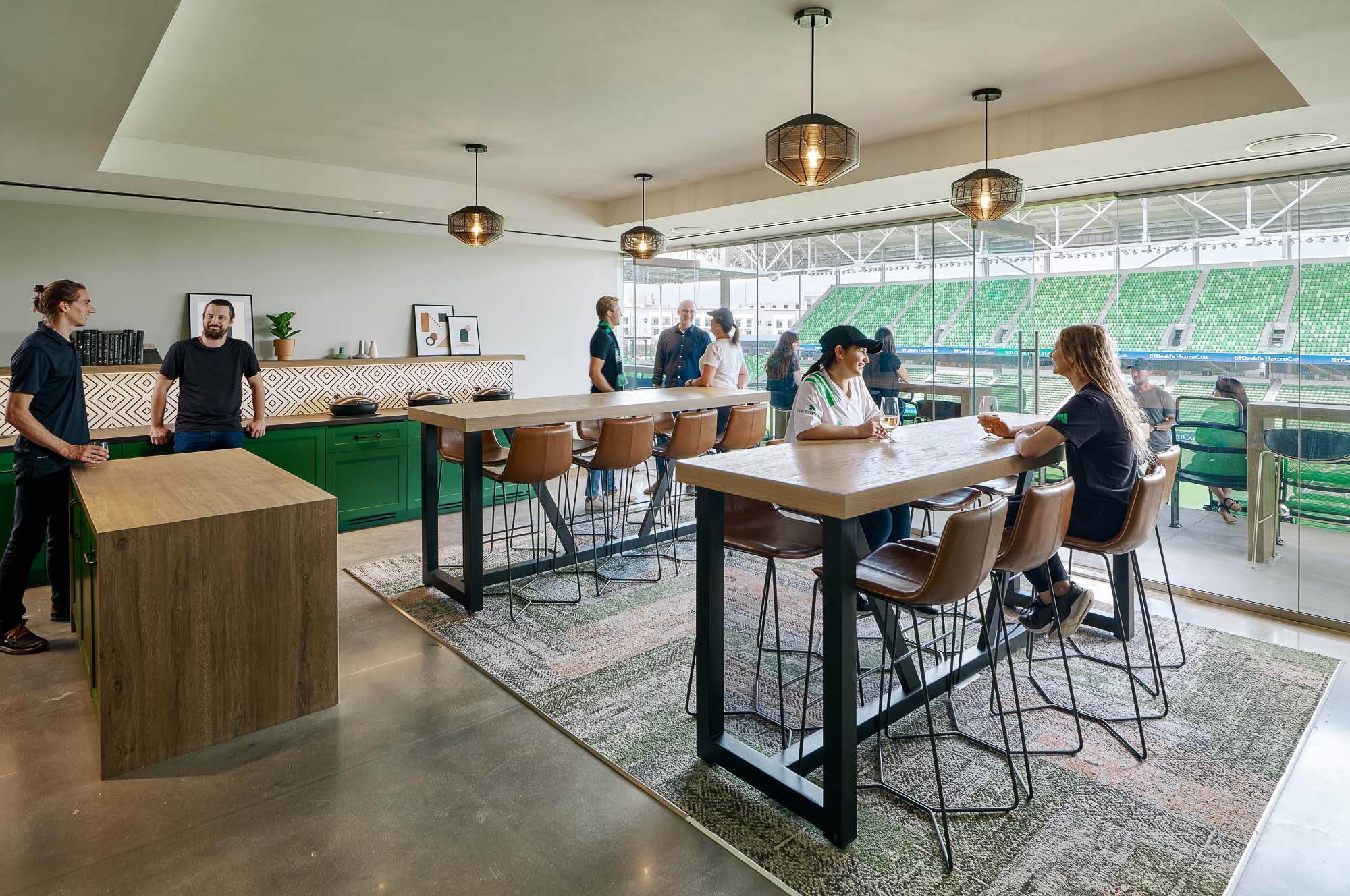
Q2 Stadium, Austin
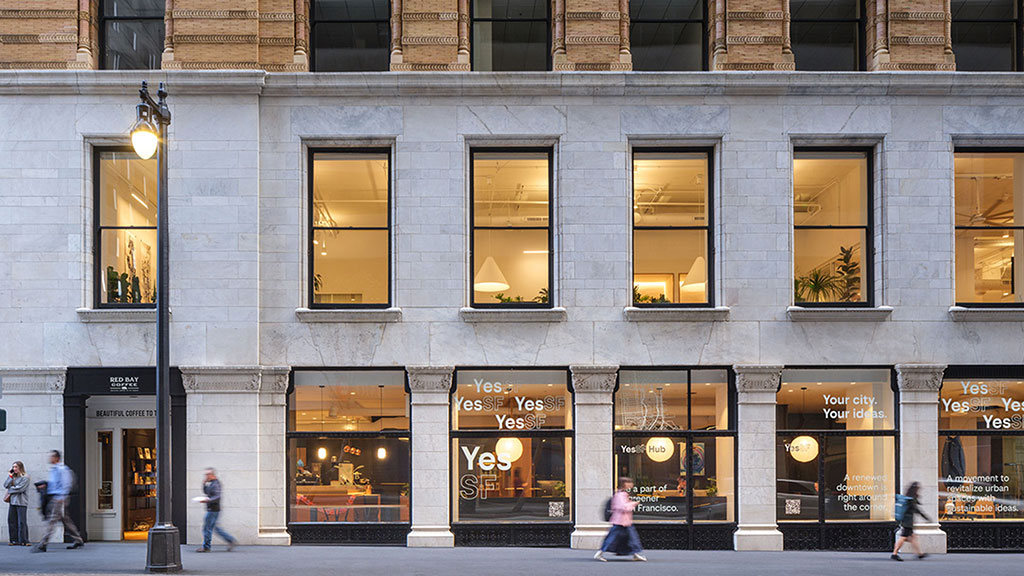
Urban Design’s Renaissance: How San Francisco Is Leading the Way
Cities everywhere are rethinking not just how they look and function, but how they can better serve the people who live in them. Few cities are as poised to lead this transformation as San Francisco.
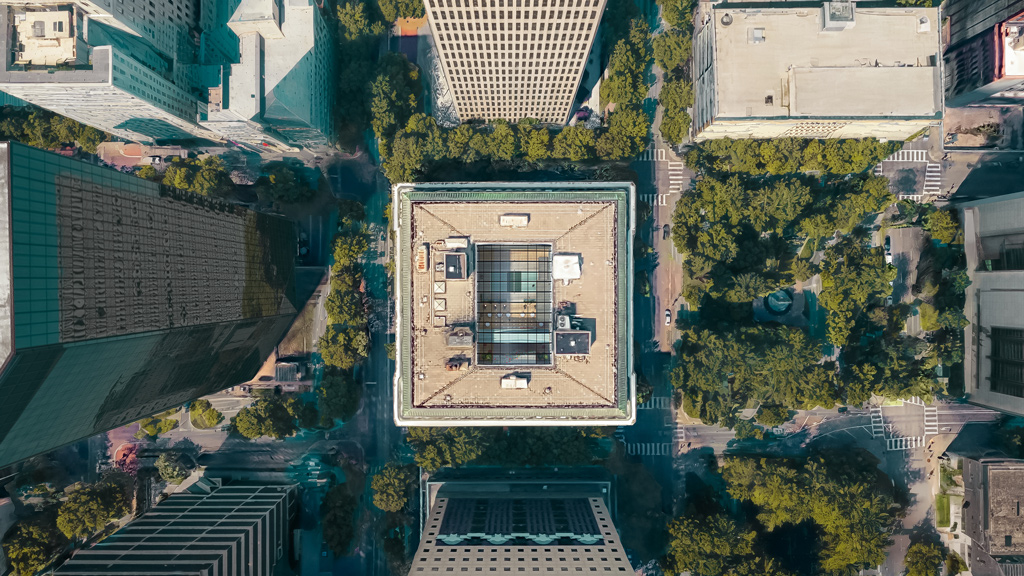
Reimagining Downtown: Transforming Underused Civic Buildings for a Vibrant Future
Former courthouses, grand banks, and other historic buildings at the center of our cities offer great potential to attract the public and activate our civic spaces.
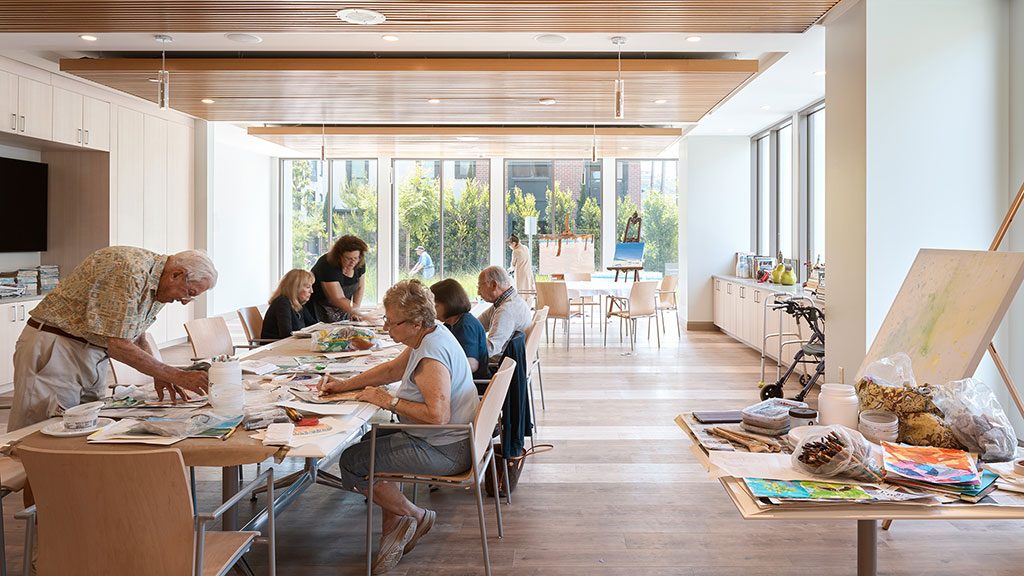
Trends to Watch Shaping the Future of Senior Living Design
Gensler’s regional Northwest Senior Living leader discusses new housing models, amenities, and other opportunities shaping the future of senior living design
“Today, the emphasis on pure physical training is transitioning into a more balanced approach that includes a player’s mental health and well-being.”
—Jonalyn Abraham, project architect, Gensler Sports
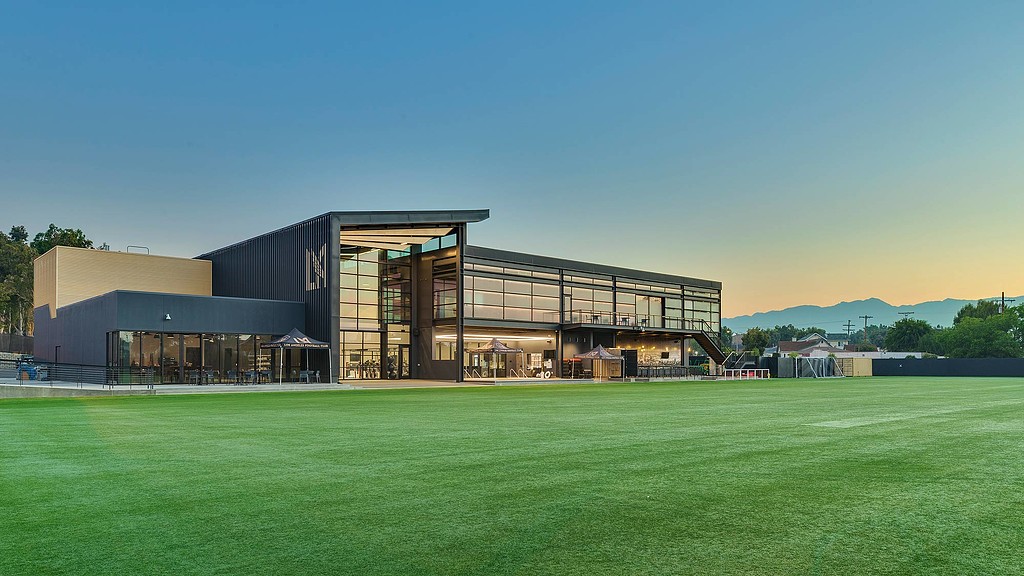
LAFC Performance Center
Los Angeles, California
The LAFC Performance Center embodies the culture of the club and the city, both aesthetically and functionally. Coinciding with the inaugural season of the...
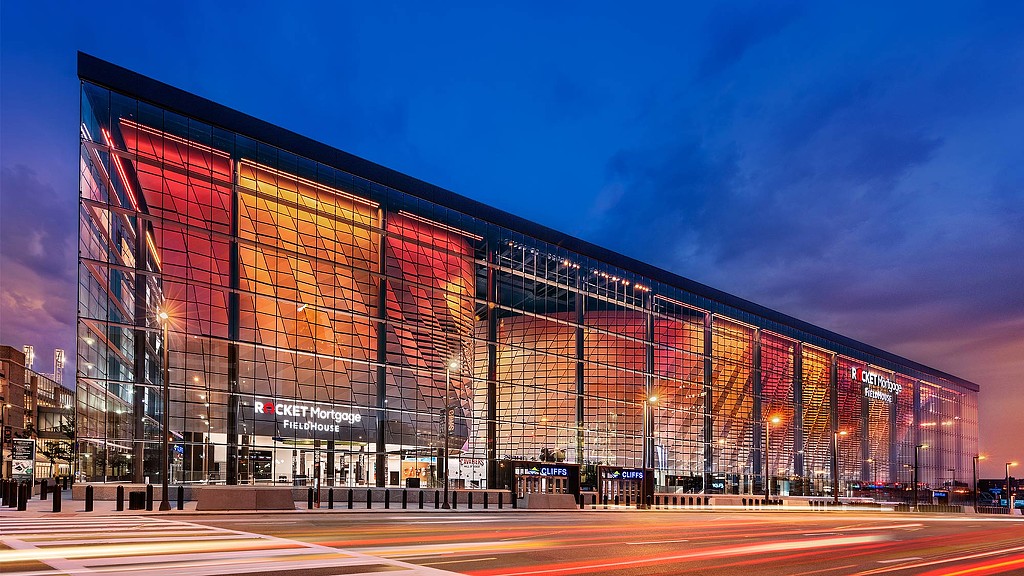
Rocket Mortgage FieldHouse
Cleveland, Ohio
The new Rocket Mortgage FieldHouse expands the arena’s event space, boosts its functionality, and provides a substantially improved visitor experience for sports fans and concert-goers alike.
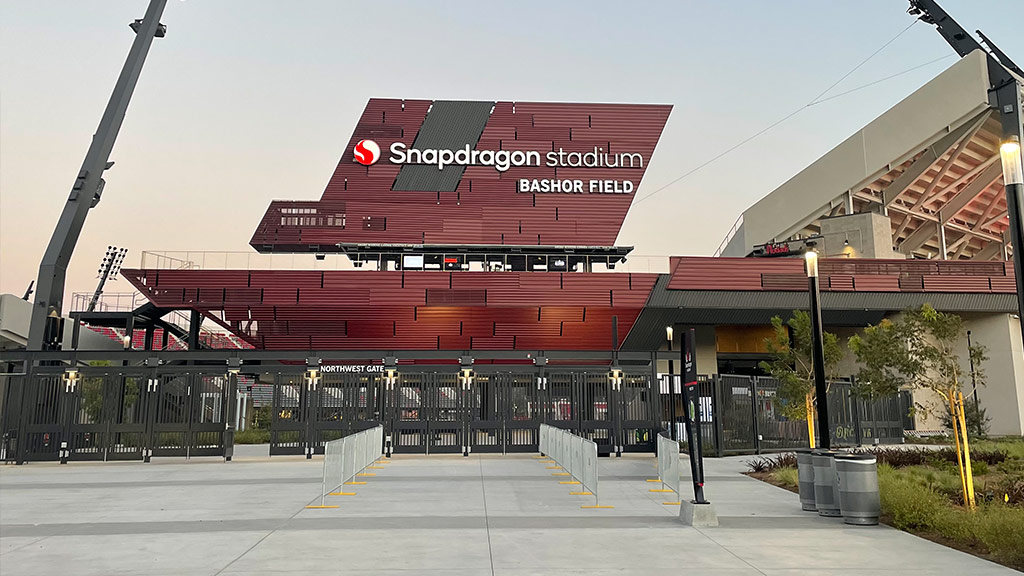
San Diego State University, Snapdragon Stadium
San Diego, California
Snapdragon Stadium is a 35,000-seat Division 1 stadium, designed by Gensler, for SDSU Football.
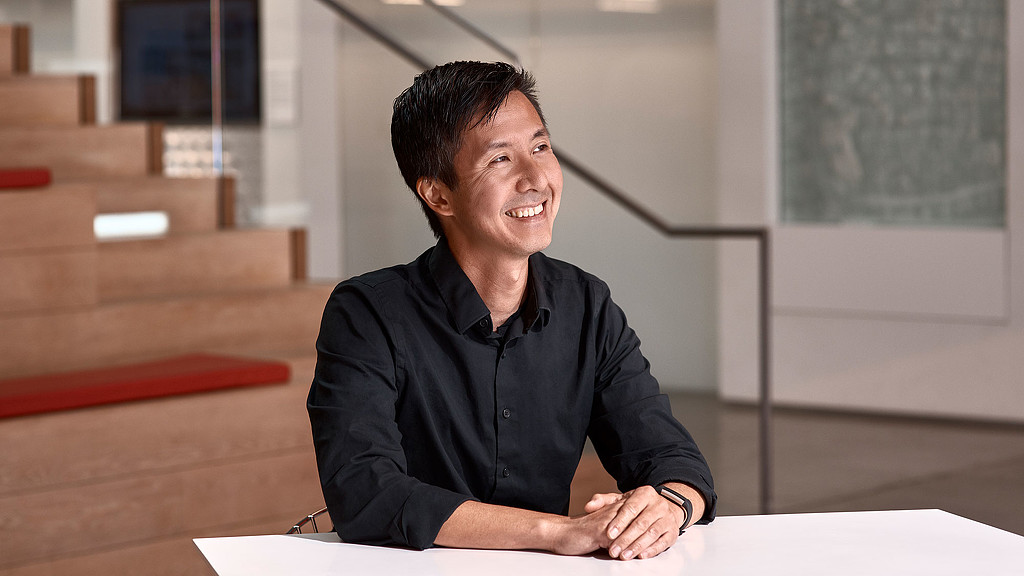
Steve Chung
Sports Leader, Design Director, Principal
Steve Chung is a Global Sports Leader and Design Director based in Gensler’s Los Angeles office who has led designs for sporting, training, recreation, and eSports facilities that leverage inclusivity, accessibility, and performance to create personal growth and community wellness.
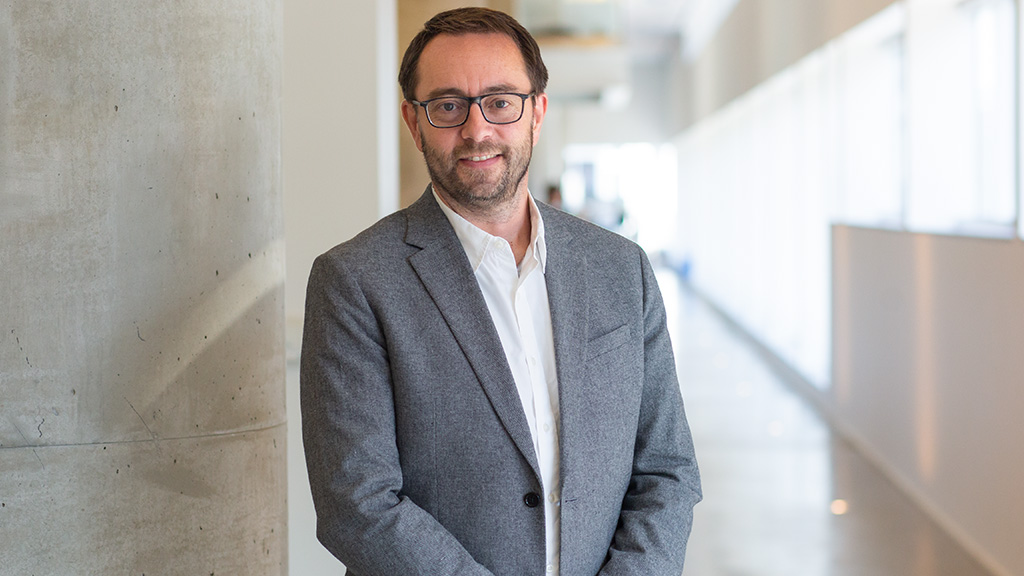
Jonathan Emmett
Design Director, Principal
Jonathan Emmett is Principal and Design Director at Gensler who has dedicated his career to the design of sports venues and training facilities.

Ryan Sickman
Sports Leader, Principal
Ryan Sickman is a global leader of Gensler’s Sports practice based in the Washington, D.C. office.
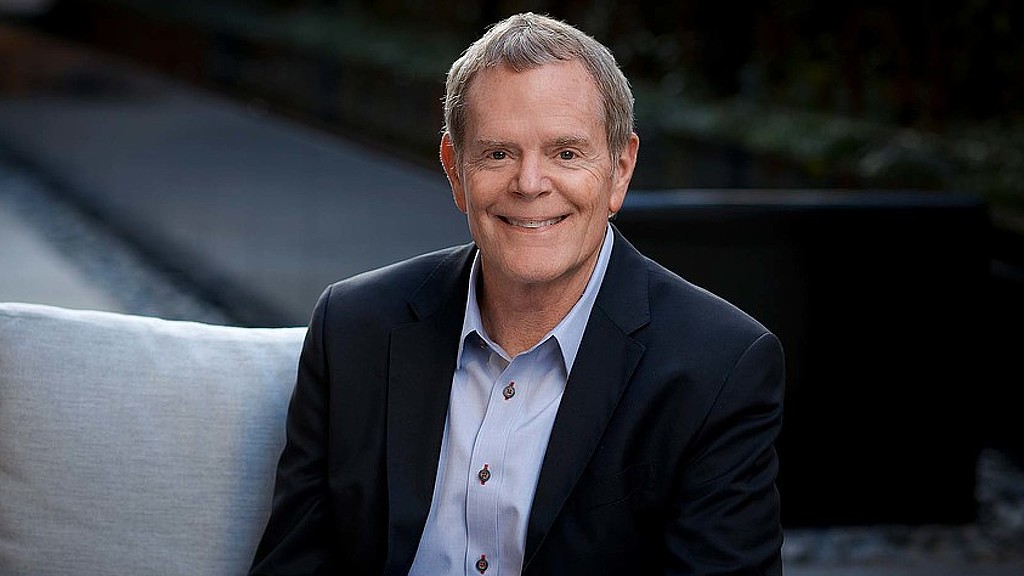
Ron Turner
Sports Leader, Studio Director, Principal
As a global Sports Leader at Gensler, Ron Turner is one of the industry’s most recognized sports facility designers.
